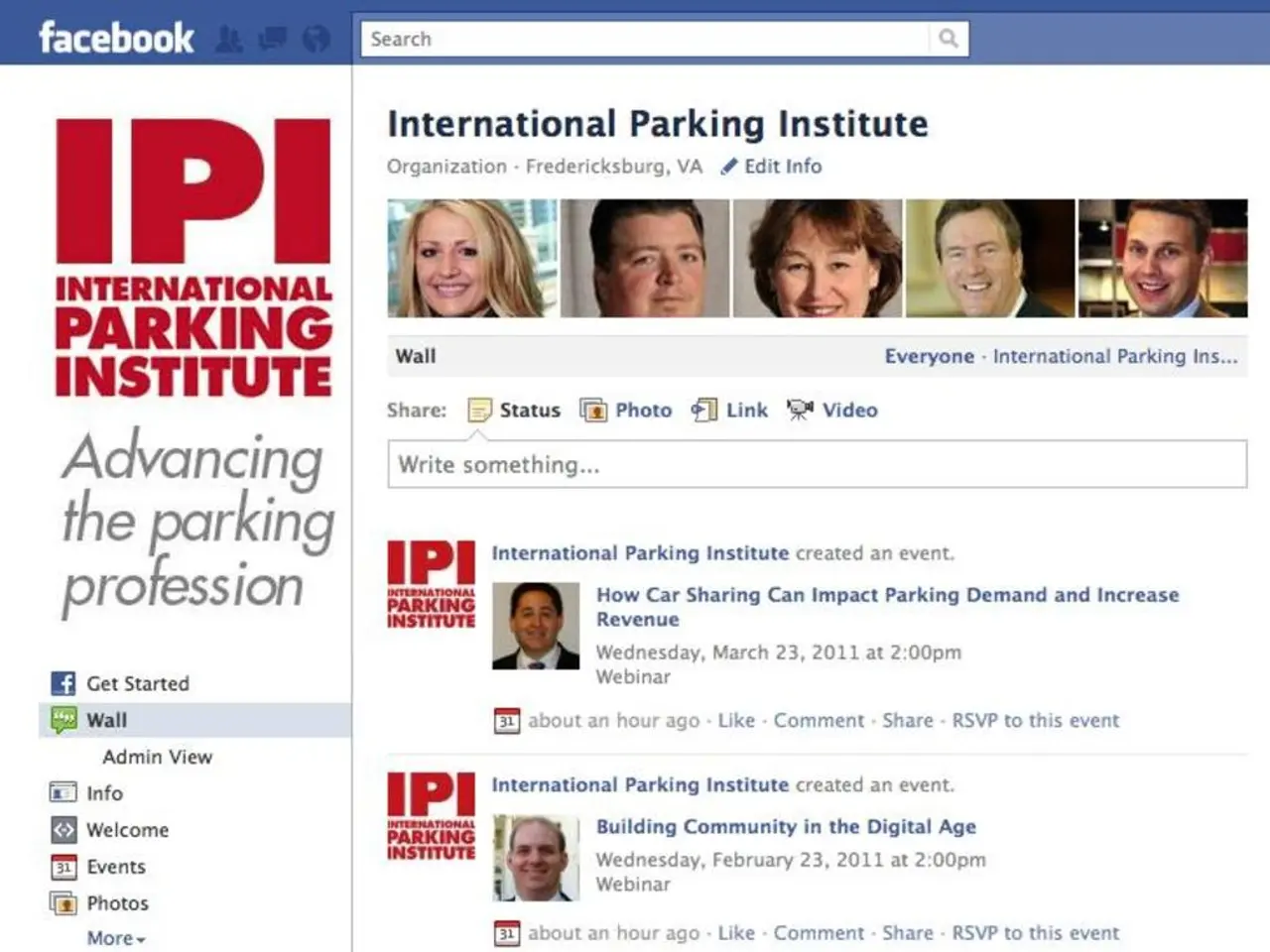Washington's Disregard for Caution or Prudence
In the complex history of U.S.-Lebanon relations, the issue of Hezbollah has played a significant role. Here's a look at some key events that have shaped this relationship.
The first notable event occurred on February 6, 1984, when a militia uprising against the Gemayel government took place. This was followed by the Americans 'redeploying their forces to ships offshore,' effectively cutting and running from the conflict, by the end of March 1984.
The Americans returned to Lebanon in 1982, with Ambassador Robert Dillon extending the American military presence in Lebanon, despite growing opposition in Washington. This was in response to the Israeli invasion of Lebanon to expel the Palestine Liberation Organization. The Americans, represented by retired diplomat Philip Habib, negotiated a Palestinian withdrawal, leading to the election of Amin Gemayel as president.
However, the situation became more complicated in 1990, when the Americans allowed Syrian forces to violate the 'red lines' agreement of 1976 and use their aircraft to oust Michel Aoun, the head of Lebanon's military government who had opposed Syria.
The April Understanding of 1996 established 'rules of the game' in the south, placing Hezbollah on the same level as the Israelis, to the detriment of the Lebanese state. This move was negotiated by the U.S. secretary of state, Warren Christopher, with Hafez al-Assad, the Syrian president.
In recent times, a singular exchange took place last week between the U.S. envoy to Lebanon, Morgan Ortagus, and David Daoud, a senior fellow at the Foundation for Defense of Democracies. Ortagus has expressed unhappiness with the pace of the disarmament process, despite official statements suggesting she was impressed by the deployment of the Lebanese armed forces in the south on her last visit.
Daoud's tweet summarized Walid Joumblatt's interview with Al-Araby, a satellite channel based in Qatar, where Joumblatt affirmed that Ortagus' conditions for Hezbollah's disarmament are impossible. Joumblatt later tweeted Hans Larwin's painting of death standing behind a soldier during World War I, implying that the Americans are trying to push the Lebanese into armed conflict with Hezbollah.
The new president of Lebanon, Joseph Aoun, and prime minister, Nawaf Salam, have committed themselves to implementing Security Council Resolution 1701, which calls for Hezbollah's disarmament south of the Litani River. The diplomatic representative of the United States in Beirut who extended the American military presence in 1982, despite growing opposition in Washington, was Ambassador Robert Dillon.
The Americans sponsored negotiations for a Lebanese-Israeli withdrawal agreement, a project favored by George Schultz, then the U.S. secretary of state. However, the agreement was a peace agreement, provoking considerable Syrian hostility.
Clashes between the army and the Shiite and Druze militias allied with Syria occurred due to American encouragement for the Lebanese government to assert its authority. The Lebanese government failed to implement the May 17 agreement in 1983, and the Americans lost 241 servicemen in a suicide bombing at Beirut airport in 1983.
The U.S. secretary of state, Warren Christopher, negotiated a resolution with Hafez al-Assad, the Syrian president, in April 1996 regarding Israel's operation against Hezbollah. Since November, the United States has imposed a surrender agreement on Hezbollah, and has become the new strongman in Lebanon.
These events highlight the complex and evolving relationship between the U.S. and Lebanon, particularly regarding the issue of Hezbollah. As the situation continues to develop, it remains to be seen how this relationship will shape the future of both nations.
Read also:
- United States tariffs pose a threat to India, necessitating the recruitment of adept negotiators or strategists, similar to those who had influenced Trump's decisions.
- Weekly happenings in the German Federal Parliament (Bundestag)
- Southwest region's most popular posts, accompanied by an inquiry:
- Discussion between Putin and Trump in Alaska could potentially overshadow Ukraine's concerns








